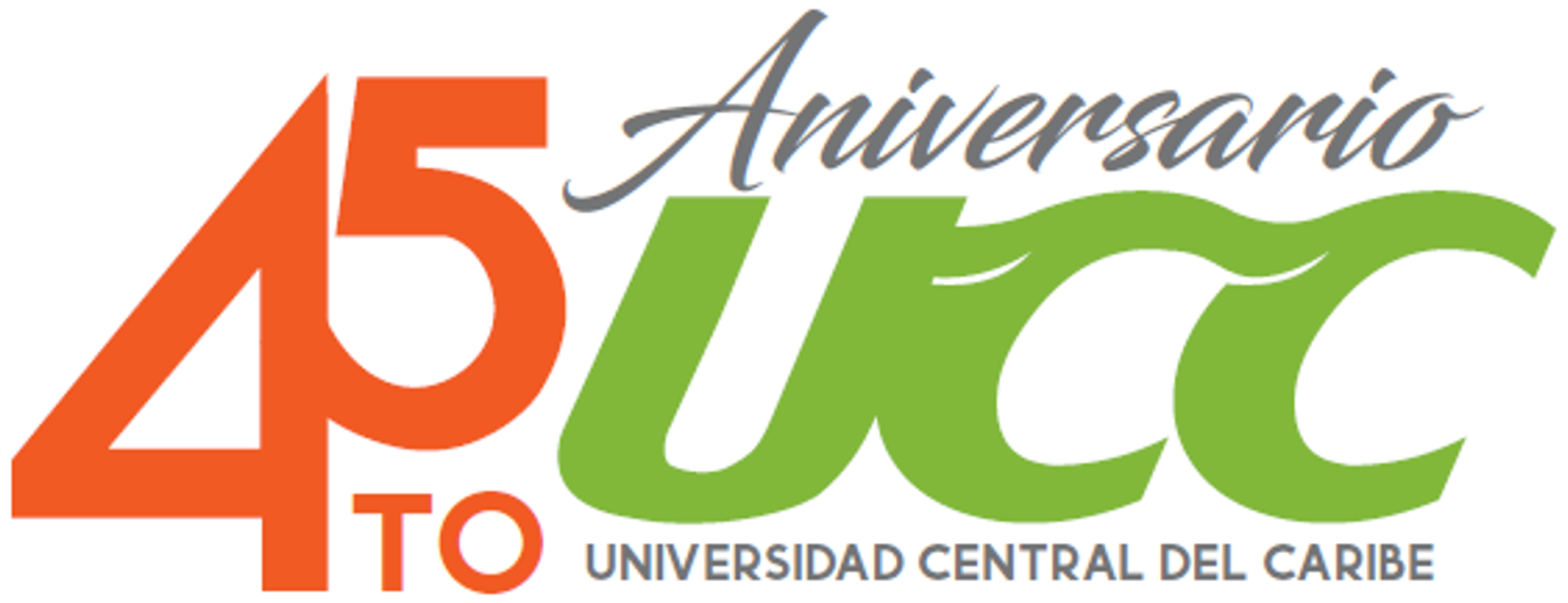 Since its inception the UCCSOM has gained recognition among the private institutions in Puerto Rico for its strong emphasis on community intervention. The mission of the School of Medicine aims “to form competent diverse health professionals with an excellent academic preparation within a humanistic and holistic framework.” With this statement as a guiding principle the current conceptual model relies on a strong emphasis in educational initiatives that are defined as integrative activities, shifting teaching and learning between the classroom, the inpatient, ambulatory and community settings, and integrating problem-based, evidence-based, and bioethical experiences throughout the curriculum.
Since its inception the UCCSOM has gained recognition among the private institutions in Puerto Rico for its strong emphasis on community intervention. The mission of the School of Medicine aims “to form competent diverse health professionals with an excellent academic preparation within a humanistic and holistic framework.” With this statement as a guiding principle the current conceptual model relies on a strong emphasis in educational initiatives that are defined as integrative activities, shifting teaching and learning between the classroom, the inpatient, ambulatory and community settings, and integrating problem-based, evidence-based, and bioethical experiences throughout the curriculum.
The Curriculum
The current four-year curriculum incorporates the known aspects of a conventional medical education with a clear emphasis on problem-based and evidence-based learning in the preclinical years (Problem Based and Evidence Based curriculum) that extends to the clinical years; early clinical skills learning coupled with a sustained, community-based learning through the Longitudinal Primary Care Preceptorship; a longitudinal curriculum in Bioethics and Humanities in Medicine and an innovative approach to the Neurological Triangle. These experiences set the framework for the development of the life-long learning professionals urgently needed to meet the changing health needs and challenges in the health care provision that future physicians will face.
The three-level conceptual map provides educational experiences to facilitate learning at the Biological Sphere, Biopsychosocial Sphere and the Skills level as it progresses through addressing the molecule, the cell, the tissue and organs and systems. Each level includes clearly defined integration courses or activities. The preclinical year 1 covers sciences basic to medicine as well as clinical skills focusing on the normal processes. The preclinical year 2 emphasizes the biological and psychosocial diseases and dysfunction components of the basic sciences and clinical skills. The third and fourth clinical years of medicine cover the diagnosis and management of common ambulatory and inpatient health problems as encountered in diverse clinical contexts.
Clinical skills throughout the curriculum
Throughout the first three years of the medical education program at the UCCSOM all students are required to pass eight Objective Structured Clinical Exams (OSCEs). Students are required to take an OSCE for the summative evaluation of Clinical Skills I and Clinical Skills II and in each of the six clinical clerkships. The OSCEs assess the components of clinical competence in a planned and structured manner. They provide an opportunity for a one-on-one structured observation of students by faculty, offering students immediate feedback. Students have the advantage of receiving a performance assessment of their actual clinical skills as well as improving their clinical thinking process.
A Clinical Proficiency Examination (CPX) is administered to all students at the end of their third year. The CPX was developed to provide an objective and consistent evaluation of the readiness of medical students for their next level of education. This exam integrates clinical encounters with standardized patients in order to assess history taking, physical examination, interviewing and interpersonal skills, as well as the ability to communicate effectively. The exam objectives specifically evaluate the problem-solving, interpersonal and patient caring behaviors and competencies expected of a fourth year student. The CPX is also used to assess the student’s ability to consider reasonable diagnostic possibilities by presenting a broad, defined set of common clinical scenarios.
The educational program of the SOM aims to achieve the following general objectives:
Patient Care
- Develop the clinical skills and attitudes to provide patient care in an appropriate and culturally sensitive manner.
- Demonstrate a doctor-patient relationship that facilitates patients’ abilities for the decision making and management of their own health maintenance and disease treatment.
Medical Knowledge
- Develop knowledge and skills of the biomedical, clinical, epidemiological, social-behavioral, ethics, biostatistics and public health sciences.
- Demonstrate mastery of key concepts and principles in the basic sciences and clinical disciplines that are the basis of current and future medical practice.
Interpersonal and Communication Skills
- Develop effective interpersonal and communication skills to exchange information with patients, families, colleagues and other members of the health team.
- Integrate knowledge from the basic sciences, clinical disciplines, evidence-based medicine, and population-based medicine with specific information about the patient and the patient’s life situation.
Professionalism
- Develop the professional attitudes, manners and ethical values of integrity and respect for human dignity; compassion, dedication and social responsibilities towards the interaction with peers, patients, families, and health professionals.
- Apply basic precepts of the medical profession: altruism, respect, compassion, honesty, integrity and confidentiality, to the needs of patients that supersedes self-interest.
Practice-based Learning and Improvement
- Develop the skills and attitudes required for professional and life-long learning through appraisal and assimilation of scientific evidence, and improvement in patient care.
- Understand health systems and how physicians can work effectively in health care organizations, including:
- Electronic communication and database management for patient care.
- Quality assessment and improvement.
- Cost-effectiveness of health interventions.
- Assessment of patient satisfaction.
- Identification and alleviation of medical errors.
System-Based Practice
- Develop knowledge and skills of the health care system to provide optimal services in ambulatory and hospital settings.
- Understand the healthcare needs of society to contribute to society both in the medical field and in the broader contexts of societal needs.
